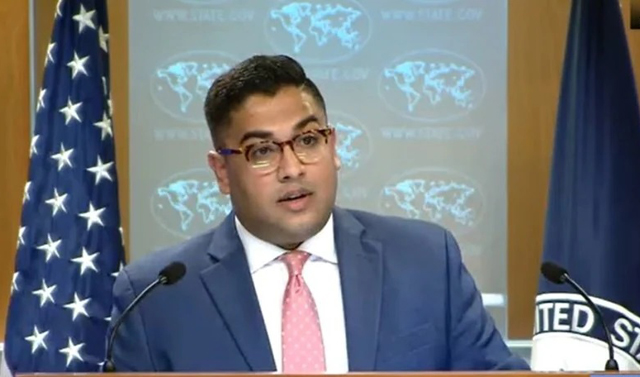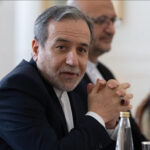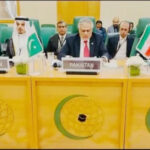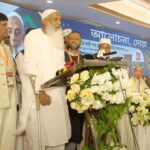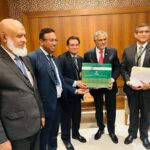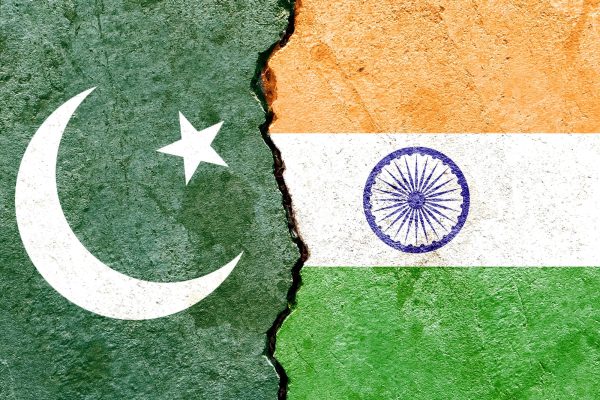
Online Desk: Perhaps, Delhi believes in nursing the wounds and is not willing to walk the extra mile of fraternity. That is why it has snubbed all overtures for peace and reconciliation, putting on the back burner the invitation to Prime Minister Narendra Modi to visit Islamabad for the SCO Summit. And now India’s Home Minister Amit Shah has come out with a strategy of playing to the gallery on the eve of polls in Occupied Kashmir, saying that Article 370 is ‘dead’ and dismissing the possibility of talks with Pakistan.
If read with Dr S Jaishankar, foreign minister’s remarks a few days ago, wherein he also ruled out dialogue, it is evident that the big neighbour believes in living in a world of its own, literally disconnected from ground realities. Veteran Indian scholar Ramachandra Guha has, in a recent interview, rightly hinted at such a mindset wherein Delhi eulogises fantasies, and stakes claim to world leadership, but in fact “had to bite the dust after the G20 Summit” last year. A similar frame of mind is in vogue for Pakistan and the Hindutva otherness has segregated it to the core.
Amit Shah should have seen an opportunity in disaster as New Delhi holds polls in the occupied state on the dictates of the Supreme Court by restoring in good faith the special status enjoyed by the ex-princely state. That would have come as a political-correct for the BJP as Congress and other parties too have called for rescinding the August 5, 2019 abrogation of Article 370 and 35A.
Pakistan and India have genuine irritants to address, and among them Kashmir and terrorism top the list. Statesmanship deserves that a holistic view is taken of ground realities and talks are initiated without any preconditions. India by sanctioning the state of Occupied Jammu & Kashmir has done a great disservice to bilateralism, and has shaken the trust of international organisations too. Time to put a reverse gear and let Kashmiris decide their future through plebiscite and not through presidential decrees or bulldozed legislation.

